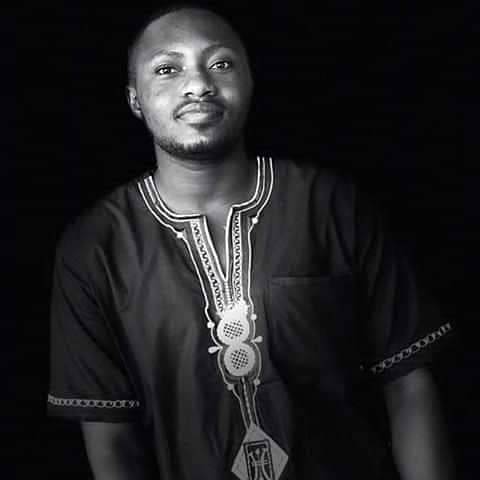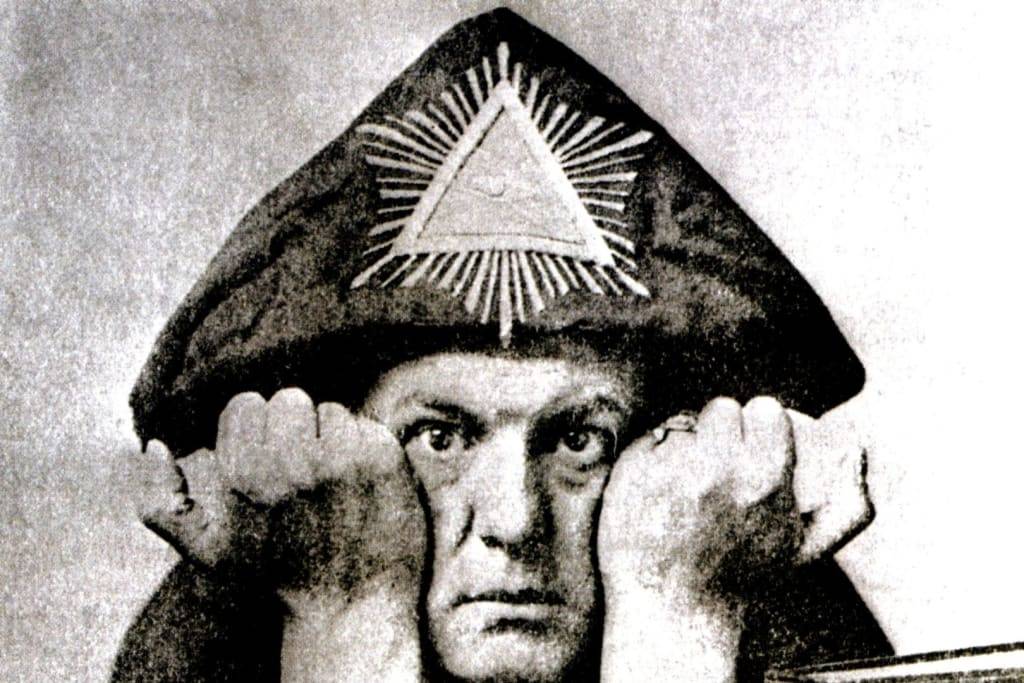You ever stumble across a name that feels like it’s hiding a thousand stories? That’s how I felt the first time I heard about Aleister Crowley. Picture this: it’s a rainy afternoon, I’m sipping coffee in a cluttered bookstore, and I pull a dusty biography off the shelf. The cover screams mystery—Crowley’s piercing eyes staring right through me. “The Great Beast,†they called him. Occultist, poet, mountaineer… secret agent? My curiosity was hooked, and I dove in. Who was this guy, really? And why does his name still spark whispers of intrigue?
There’s something about Crowley that feels larger than life, like he stepped out of a novel and decided to stir up the real world. Born in 1875 to a wealthy English family, he wasn’t exactly the kid you’d expect to become a mystical rebel. But, you know, life has a way of twisting things. He inherited a fortune, ditched his strict religious upbringing, and set off on a path that’d make most people’s heads spin. I mean, the guy climbed mountains, wrote poetry, and founded a whole spiritual movement called Thelema. And yet, there’s this wild rumor—persistent as a ghost—that he was a spy. Agent 666, they say. Can you imagine?
Let’s pause for a second. The idea of Crowley as a secret agent sounds like something Hollywood would cook up, right? But here’s where it gets juicy. During World War II, there’s evidence—granted, it’s murky—that Crowley might’ve been tangled up with British intelligence. Some say he was feeding info to MI5, using his occult persona as a cover. There’s this story about him cozying up to pro-Nazi groups in America, not because he believed their nonsense, but to keep tabs on them for the Allies. I read about it in a declassified file once, and it felt like stumbling on a hidden chapter of history. The man who chanted spells by candlelight was maybe, just maybe, playing chess with global powers. How’s that for a double life?
But hold on. Crowley wasn’t just some shadowy operative—if he even was that. His life was a kaleidoscope of contradictions. He’d write these dense, mystical texts that make your brain hurt, then turn around and pen a cheeky poem or two. He traveled the world—Egypt, India, Mexico—chasing spiritual truths like a man possessed. And yeah, he wasn’t exactly a saint. His experiments with drugs, sex, and magic scandalized polite society. People called him wicked, dangerous, a devil worshipper. But when you dig deeper, you see someone wrestling with big questions. What’s the meaning of freedom? Can we transcend our limits? He was flawed, sure, but aren’t we all?
I think about my own life sometimes, you know? Not that I’m out here starting religions or spying for anybody, but those moments when you question everything—what you believe, what you’re chasing. Crowley leaned into that chaos. He didn’t just dip his toes in; he dove headfirst. There’s something oddly inspiring about that, even if his methods were… let’s say, unconventional. Like that time he tried to summon a deity in the Egyptian desert. Did it work? Who knows. But the audacity? That’s what sticks with me.
Now, let’s talk about those rumors again. The “Agent 666†thing—it’s not just a cool nickname. Crowley leaned into the number 666, calling himself the Beast from the Book of Revelation. Was it all a big joke to mess with people’s heads? Or was he signaling something deeper, maybe even to his alleged spymasters? Historians still argue about it. Some say he was a patriot; others think he was just a trickster who loved the spotlight. I’m not sure we’ll ever know the full truth, and honestly, that’s part of the allure. It’s like trying to solve a puzzle with half the pieces missing.
As I sit here typing, I can’t help but wonder: what drove him? Was it the thrill of danger, the pull of the unknown, or just a need to be seen? Crowley’s life reminds me of those old myths—heroes and villains rolled into one. He was a man who danced on the edge of what’s possible, leaving behind a trail of stories that still make us pause. And maybe that’s the real magic—not spells or secrets, but the way he makes us question what we’re capable of.
So, here’s my take: Crowley wasn’t a hero or a monster. He was human, messy, and unapologetically himself. Whether he was chanting in a temple or passing notes to spies, he lived like every moment was a story worth telling. What about you? If you could live as boldly as Crowley—minus the whole “Great Beast†vibe—what would you do?




No comments yet
Be the first to share your thoughts!